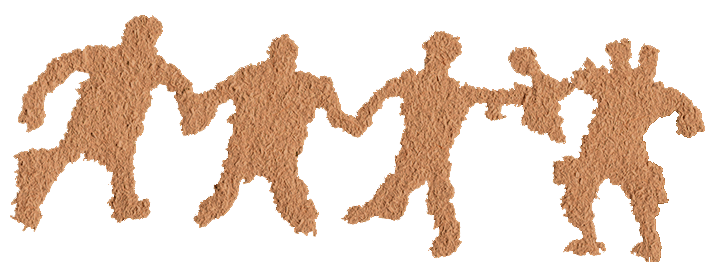| 't-apsitahamal |
s/he thinks little of h/; s/he thinks of h/ as small, treats h/ as child (e.g., son who is now grown up) |
| kisi-nicanke |
s/he is able to have children |
| koti-nicaniw |
(mother-to-be) she is expecting baby; (mother or father) s/he wants to have child |
| ksiyaqsu |
s/he loves children; s/he is fond (of someone) |
| milcuwe |
she has children by various men |
| miyascuwe |
she starts bearing children at young age |
| mocahantuwi-wasis, mochantuwi-wasis |
devilish child, mischievous child |
| motehsan |
youngest child in family (also used as term of endearment for any child) |
| nicaniw |
(person) s/he has child or children, is parent |
| nicanol |
h/ child (h/ son or daughter) |
| olcuwe |
she has that many children, has children that often |
| piluwi-nicanke |
she has child(ren) with man of different race or ethnic group, etc. |
| piyehtehsin |
s/he is no longer the youngest (or only) child |
| 'samcuwe |
she bears too many children, bears children too close together |
| sawecuwe |
she bears children often |
| siwacimis |
child who pesters or who drives one crazy |
| unicaniniyal |
s/he has a child with h/ |
| was |
(archaic, except as term of address) child |
| wasis |
child, baby |
| wasisuwiw |
s/he is young, is a child |
| wasisuwomtu |
s/he behaves like child, is childish |
